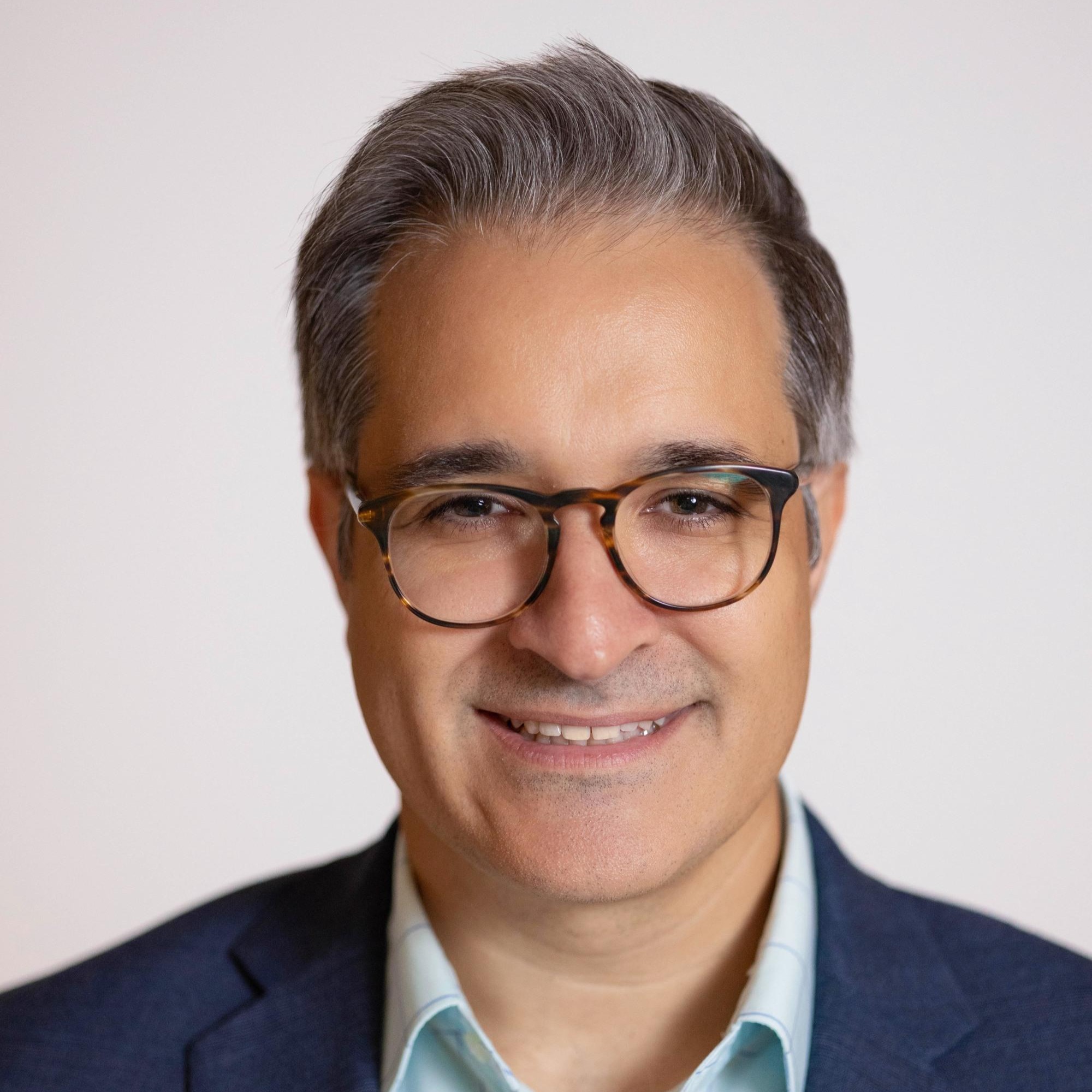Lindsey Myers, ASTHO vice president for Public Health Workforce and Infrastructure, discusses the need to bolster the public health workforce to better serve everyone; Dr. Georges Benjamin, executive director of the American Public Health Association,...
Lindsey Myers, ASTHO vice president for Public Health Workforce and Infrastructure, discusses the need to bolster the public health workforce to better serve everyone; Dr. Georges Benjamin, executive director of the American Public Health Association, recaps the annual APHA meeting; ASTHO’s Omar Khalid was recently featured on an episode of “Public Health Live!”; and an ASTHO blog article details more ways to support your workforce.
ASTHO Web Page: Strengthening the Public Health and Healthcare Workforce
American Public Health Association Web Page: APHA 2024
Public Health Live! Episode: Trauma Responsive Leadership for the Public Health Workforce
ASTHO Blog Article: Small Steps to Support and Compensate the Public Health Workforce
SUMMER JOHNSON:
This is the award-winning Public Health Review Morning Edition for Thursday, December 12, 2024. I'm Summer Johnson. Now, today's news from the Association of State and Territorial Health Officials.
LINDSEY MYERS:
The concern is that if this continues, agencies will be really drained of the critical institutional knowledge and the expertise they need to serve the public and do the critical public health work and healthcare work that needs to happen.
JOHNSON:
This morning, we continue ASTHO's Legislative Prospectus Series focused on five trends in public health law that are ASTHO priorities for the upcoming year. ASTHO'S Lindsey Myers discusses the need to bolster the public health workforce to better serve everyone.
MYERS:
Creating financial incentives to attract people to the public health and healthcare workforce, particularly in rural and underserved areas, is essential in order to increase access to care.
JOHNSON:
Myers says some states have already made critical financial investments.
MYERS:
Wyoming legislature increased the Public Health Division's budget by approximately $8 million recently and this will allow them to provide grants from the state to local county public health staff in order to provide more services and programs there.
JOHNSON:
There's also been a dedicated push towards pathway programs for students.
MYERS:
These programs are really important because they can help address the workforce shortages that we're experiencing and increase the number of underrepresented healthcare providers and leaders, resulting in a more diverse workforce, which is also a key, important factor for reducing health disparities.
JOHNSON:
You can read about these strategies and more in ASTHO's Legislative Prospectus Series. It's online now. You can use the link in the show notes to read it.
The American Public Health Association, or APHA, recently wrapped up its Annual Meeting and Expo in Minneapolis. Dr. Georges Benjamin, with APHA, says this year's theme of rebuilding trust in public health and science inspired some great questions.
GEORGES BENJAMIN:
'How do we strengthen our use of science? How do we do a better job of communicating with the public?' All of those kinds of things were happening at the meeting this year, at our annual meeting.
JOHNSON:
Benjamin says the annual meeting was a chance to address the trust lost during the pandemic.
BENJAMIN:
This was both an opportunity for us to bring the best science that we've learned about how to rebuild trust, to enhance communication, to become better in the political space without becoming partisan, and to try to extract key messages around going forward.
JOHNSON:
The meeting was also a time to look ahead.
BENJAMIN:
So, this was an opportunity for us to bring together people like Dr. Reed Tuckson, who has been a leader in dealing with disinformation and communication in public health and science. So, having someone like him as our keynote speaker, bringing people together to talk about the aftermath of COVID, 'Are we ready and prepared for pandemic going forward?'
JOHNSON:
More information on APHA's Annual Meeting is in the show notes.
Also, ASTHO's Omar Khalid was recently featured on an episode of Public Health Live. Khalid discussed the importance of trauma-responsive leadership, especially in a workforce that is so dedicated to the work.
OMAR KHALID:
I think that really only highlights how important it is to support the workforce who are doing that and say, 'We want to keep these passionate people, these people who are willing to say, I may not make as much money here as I might have in another career, but we want you to be able to stay here and feel engaged and supported to the extent possible.'
JOHNSON:
You can watch Khalid's full interview by clicking the link in the show notes.
Finally, there are even more ways to support your workers. O'Keyla Cooper has more.
O'KEYLA COOPER:
Supporting and fairly compensating the public health workforce is essential for retention and well-being, but challenges like budget constraints make it tough. ASTHO's latest blog article highlights practical strategies, from pay equity audits to flexible work arrangements, to help agencies make incremental improvements. Read the full blog article through the link in the show notes.
JOHNSON:
That'll do it for today. We're back tomorrow morning with more ASTHO news and information. I'm Summer Johnson. You're listening to the award-winning Public Health Review Morning Edition. Have a great day.







